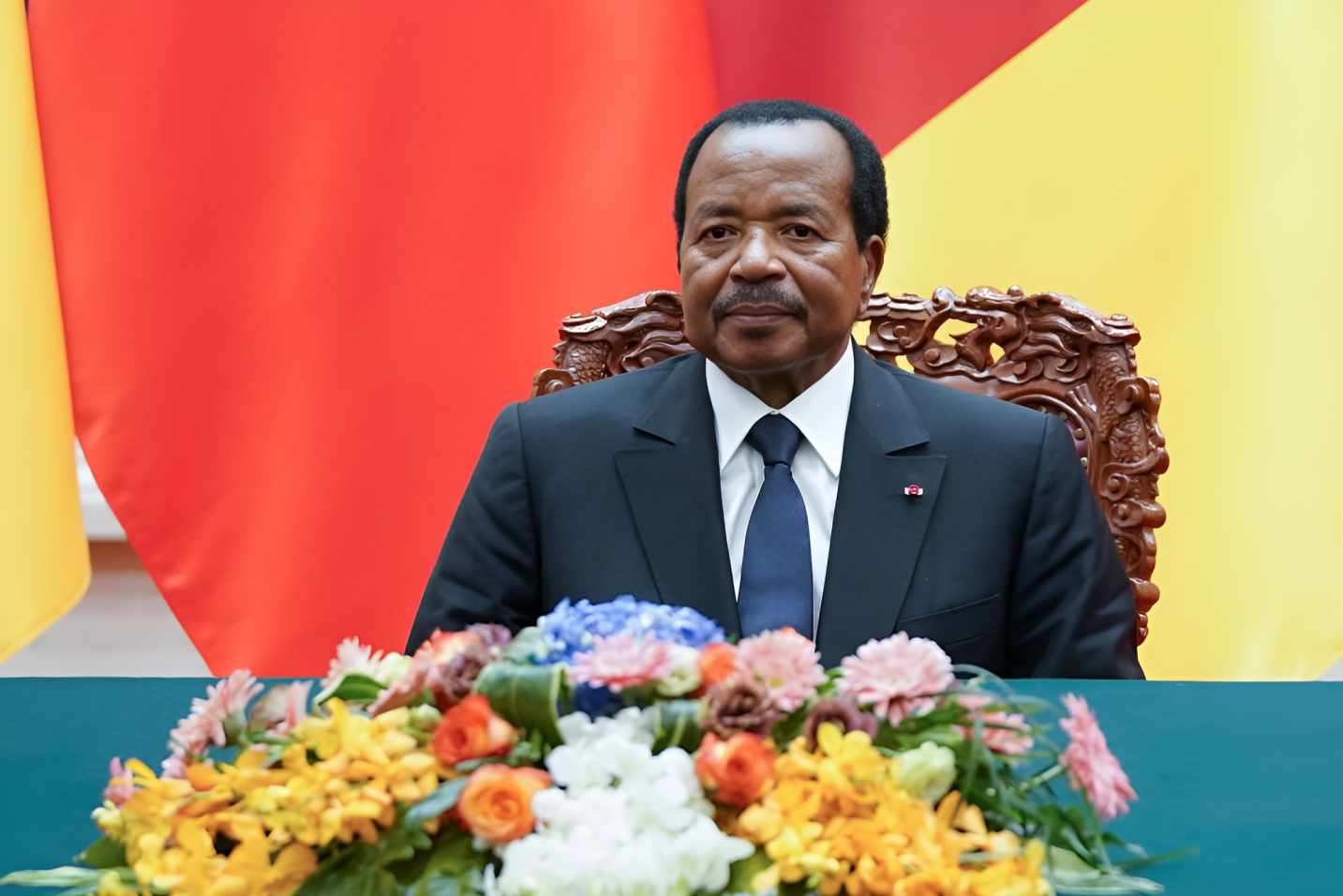NGO: Cameroon surpasses Burkina Faso as most overlooked crisis

Cameroon has now surpassed Burkina Faso as the world's most overlooked humanitarian crisis, according to the Norwegian Refugee Council (NRC) in their latest annual report released Tuesday.
Each year, this Scandinavian organization ranks the top 10 crises that receive the least attention, based on three key factors: insufficient humanitarian funding, lack of media coverage, and limited international political involvement.
The NRC highlighted that Cameroon has been struggling with three prolonged and distinct crises for more than ten years: ongoing conflict involving armed groups in the Lake Chad Basin; violence affecting the Northwest and Southwest regions home to much of the country’s anglophone minority; and persistent instability caused by spillover from the Central African Republic.
The report highlighted that by 2024, approximately 3.4 million individuals in the region required immediate aid and protection.
The NRC reported that over 1.1 million people were internally displaced, while nearly 500,000 refugees and asylum seekers seeking safety within Cameroon remained stuck in uncertain conditions.
Despite the severity of the crisis, the NGO emphasized that media coverage has been minimal, the international response insufficient, and only 45% of the requested humanitarian funding has been received.
“Cameroon’s situation exemplifies global neglect both underreported and underfunded. Without renewed attention, support, or political action, the outlook for 2025 looks even more grim,” the NRC warned.
Of the ten most neglected humanitarian crises, eight are located in Africa.
Alongside Cameroon, the NRC’s list includes Ethiopia, Mozambique, Burkina Faso (which held the top spot in 2023 and 2022), Mali, Uganda, Iran, the Democratic Republic of Congo, Honduras, and Somalia.
The NRC pointed out that in 2024, less than half of the necessary humanitarian funding was secured, highlighting that the funding gap amounts to about one percent of global defense spending.
Jan Egeland, Secretary General of the NRC, commented, “International solidarity is being overshadowed by increasingly inward-looking and nationalistic policies in countries that were once generous donors.”
He further added, “Across Europe, the United States, and beyond, we have witnessed donors turning their backs on people during their time of greatest need.”
After assuming office in January, US President Donald Trump halted all foreign aid and began dismantling USAID, the agency responsible for managing a $42.8 billion annual budget, which accounts for 42 percent of the world's humanitarian assistance.
Citing budget constraints and the necessity to boost military expenditures in response to what they see as a threat from Russia, multiple European nations have also declared reductions in their international aid contributions.
